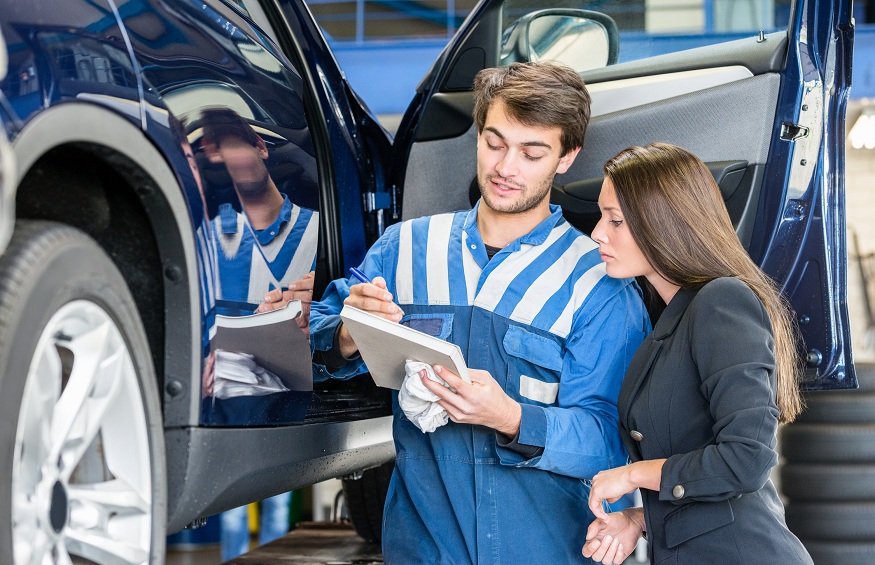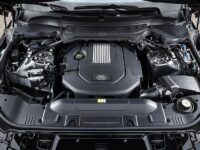A Few Engine Maintenance Tips For Your Car

After you’ve invested your hard-earned money on a car, it is only natural to want to safeguard your investment by having frequent check-ups as recommended by the car manufacturer.
If you hear any grinding, knocking, or other noises coming from the car, or if it doesn’t seem to have its power as expected, you should conduct a more thorough inquiry into the problem.
The engine should start immediately when you turn it on. The idling engine must be smooth and steady, with no hiccups. Make sure that no liquid emissions, or black smoke coming from your tailpipe. Any moisture found inside the engine is almost certainly due to a leak.
The engine is without a doubt the most vital component of your car, and it must be treated with the highest care at all times. The following are some basic car maintenance suggestions to maintain your vehicle in top shape.
1. Keeping it Clean
Your vehicle’s engine does a great deal. In fact, your automobile without it, wouldn’t travel very far, which is why keeping your engine clean of trash, dust, and grime is critical.
Filters can become clogged over time, leaves and dirt can blow beneath the hood, and insects can enter your car. The grease that coats your engine traps heat, making it harder for it to cool down properly.
2. Proper Lubrication
Because an engine has so many moving parts, it is critical to keep it lubricated at all times. Otherwise, the friction created by numerous of these moving parts will rub and grind against one another, causing damage. if you need four-wheeler insurance service then call me our toll free number- 1-800-463-8074.
This damage is sometimes irreversible, necessitating one or more parts replacement before your engine can run correctly again.
3. Change engine oil regularly
You can accomplish this bare minimum. All moving parts are properly lubricated using the engine oil, resulting in little wear and tear. It also retains dust, debris, and sediments, and keeps them out of areas where they should not be.
Check your oil levels once a month and top them up if they are low. The manufacturer’s recommendations for oil grade and replacement intervals apply. The oil filter is similarly vital since it thoroughly removes the debris from the oil and avoids it from recirculating into the engine.
4. Keep a check on your cooling system
Even though in terms of automotive engine efficiency, we have come a long way, plenty of energy gets lost as heat during combustion. Metals and alloys, which make up your car engine, are not very fond of heat.
Always make sure there is enough coolant in the tank due to dissipation of heat is critical. It is best to mix the coolant with distilled water at a 1:1 ratio. On a hot sunny day, it is also good to examine the engine temperature gauge and then shutdown the car if it is close to overheating.
5. Let it breathe
Are you out of breath? Are you exhausted? Your car’s engine requires the same amount of oxygen as any human would do. Due to the restricted airflow, the fuel may not burn completely, and resulting in decreased mileage and increased pollutants.
Try to check the air filter regularly and get it cleaned or replaced if it appears to be clogged with dirt and debris. To perform properly and keep going, your engine must be able to breathe adequately.
6. The fuel filter should be replaced
The purpose of a fuel filter is to protect your engine from hazardous particles and deposits in the gas. By having your car’s gasoline filter replaced, you can ensure that the clean gas is flowing into your engine.
7. Occasionally change the spark plugs and wires
The spark plugs get an electric charge from the cables connecting to the distributor. This produces a spark, which ignites both the air mixture and the gasoline in the cylinders.
Regular usage of your car’s engine may lead it to run rough. As a result, if the wires and also spark plugs get too old, you should consider replacing them. This will not only make your engine run more smoothly, but it will also help you save money on petrol.
8. Don’t drive too long on reserve fuel
Sediments sink to the bottom of the tank as you use gasoline. After years of operation, there will undoubtedly be a coating of debris that should not reach the engine.
When you run out of gas, the garbage gets pulled into the fuel pump, causing a lot of wear. Rather than hoping it does not reach the engine, fill up your tank and spare yourself the cost of repairing or replacing the gasoline filter and pump.
9. Check your belts
When an engine is running, rubber belts are necessary links to keep everything properly in tune. It is time to change them if you hear a screech from beneath the hood. Even though belts last a long time, you should inspect them for cracks and any signs of wear.
However, if they break while operating the engine, major damage to engine components can result!
10. Don’t ignore your car’s check engine light
Your car’s this light is a subliminal plea for assistance. Never ignore this and have your car evaluated by a local repair right away.
This is what it all means. It is essentially a self-diagnosis system designed to keep your engine safe. It may not always be serious, but you will never know unless you have it checked.
All of these inspections should maintain your engine in good shape and save you money on repairs, replacements, and upkeep. Your car’s engine is one of the most expensive and complicated components of your vehicle that will keep your car always running.
It is important to remember that if your car breaks down you might have an accident. If you have an accident and need help with your compensation claim look no further than motor vehicle accident injury lawyers Perth.
It expects you to take good care of it, and it will repay you by giving you a strong market value when you decide to sell your automobile.
Last but not least, engine protection is available as an add-on to many four-wheeler insurance packages. This covers charges for repairs caused by water infiltration, oil leakage, gearbox damage, and hydrostatic lock, among other things.






